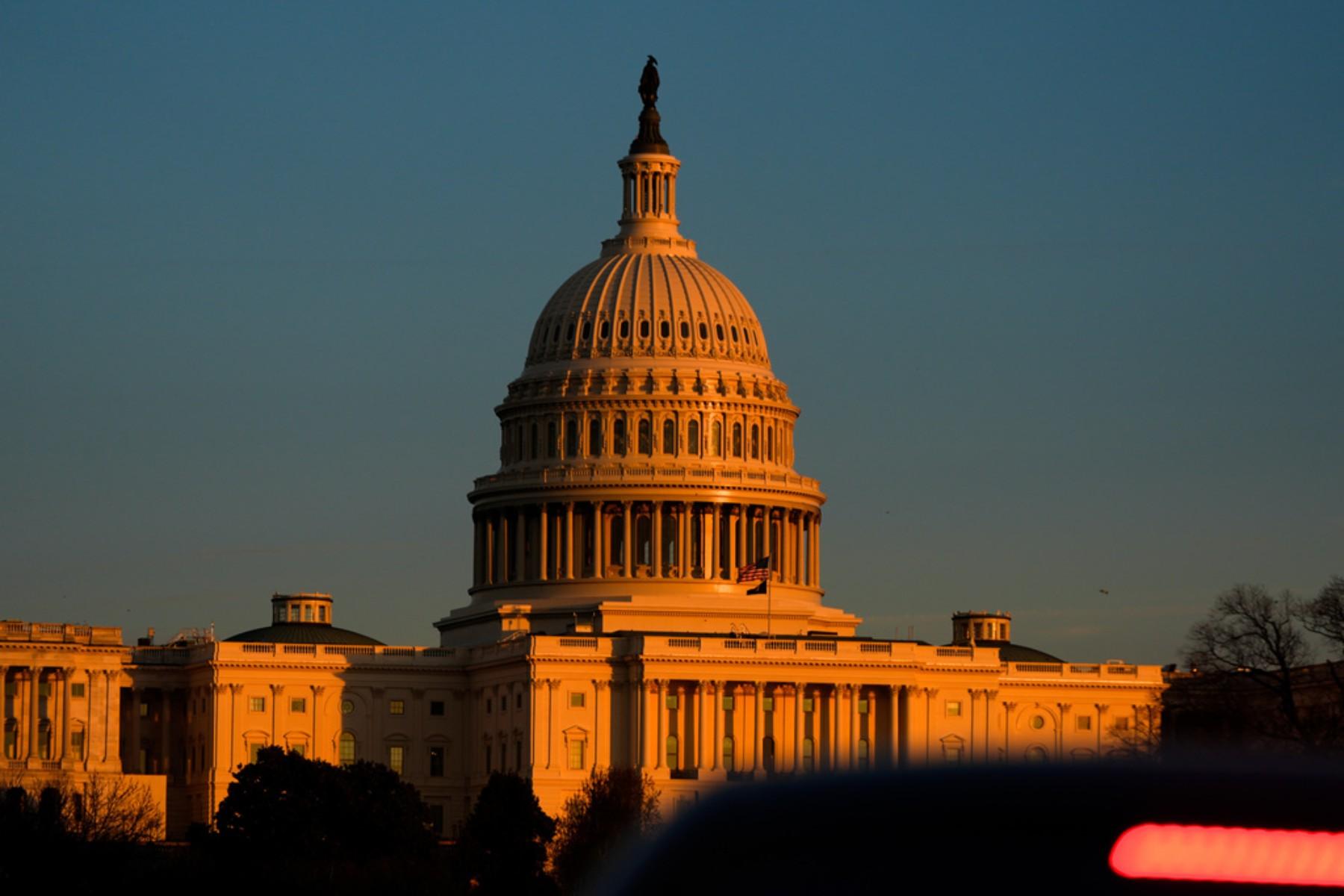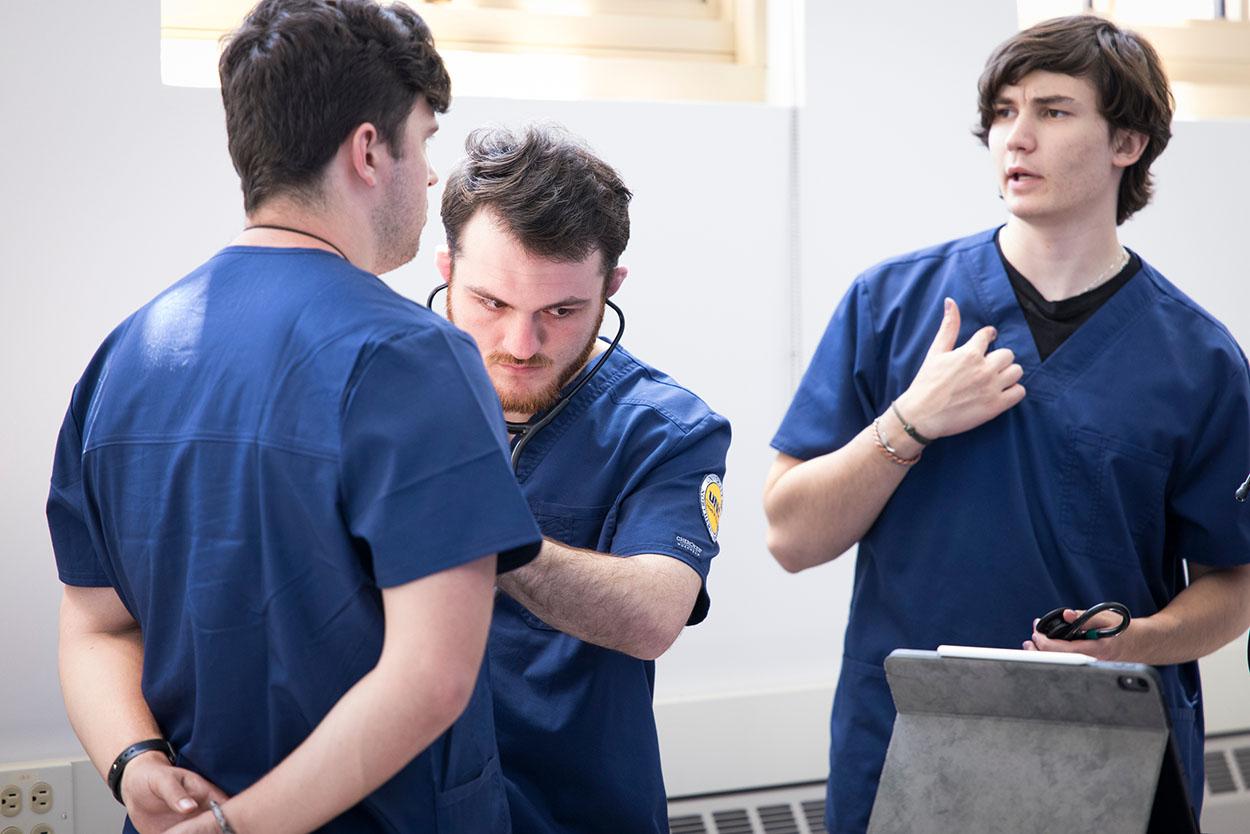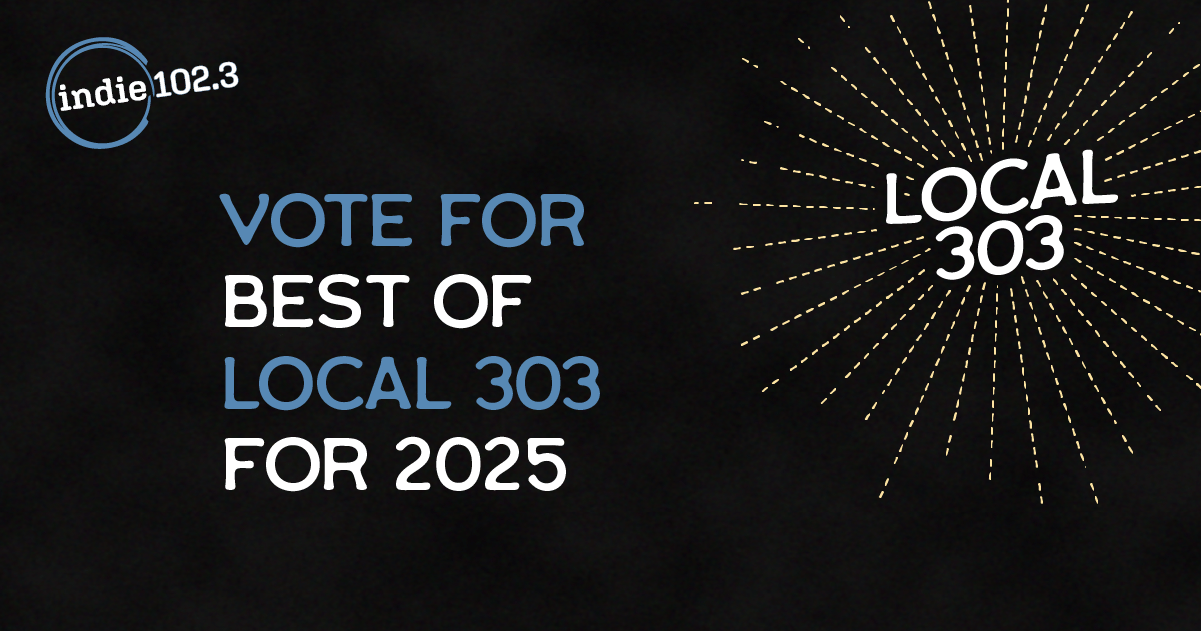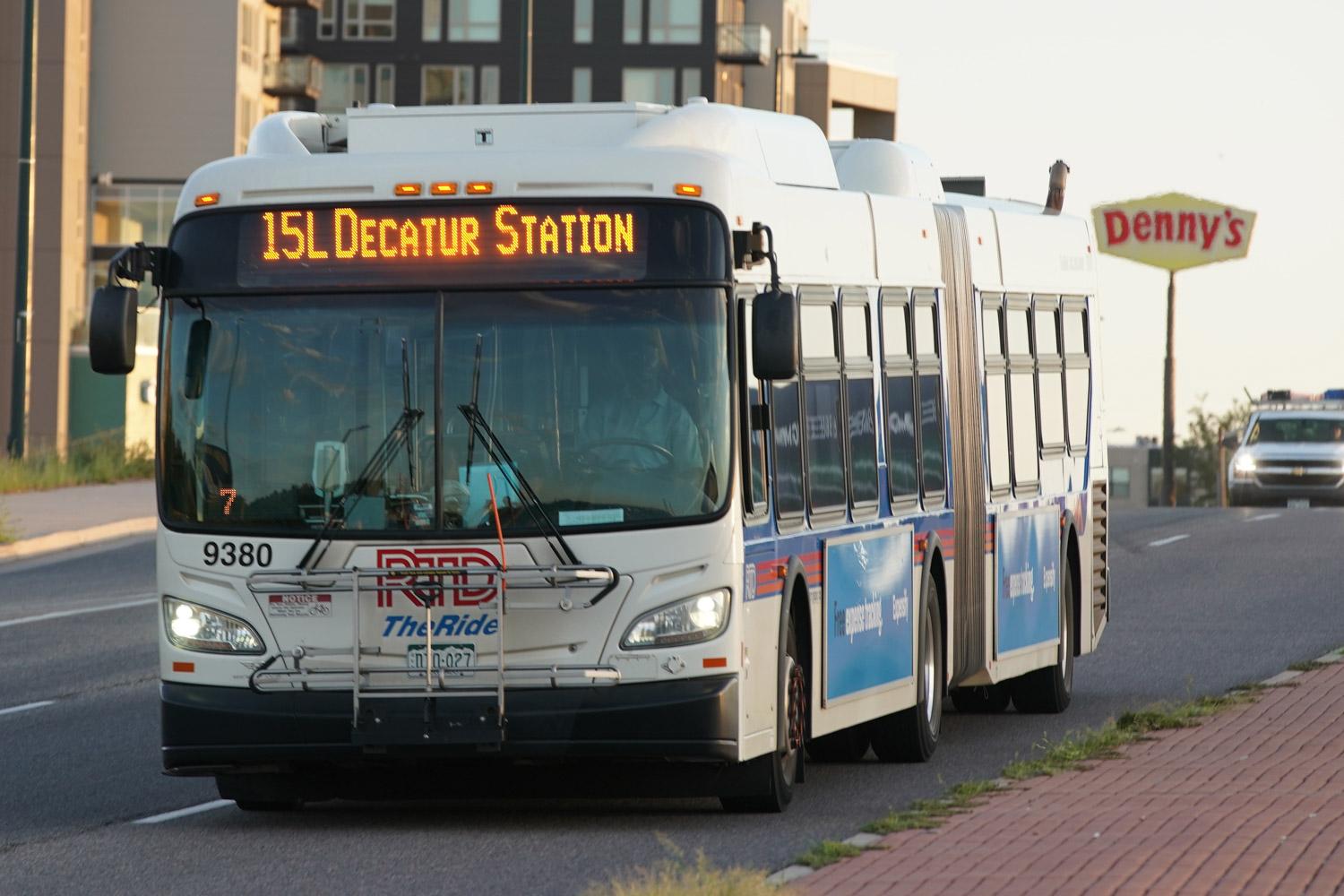
Who's running?
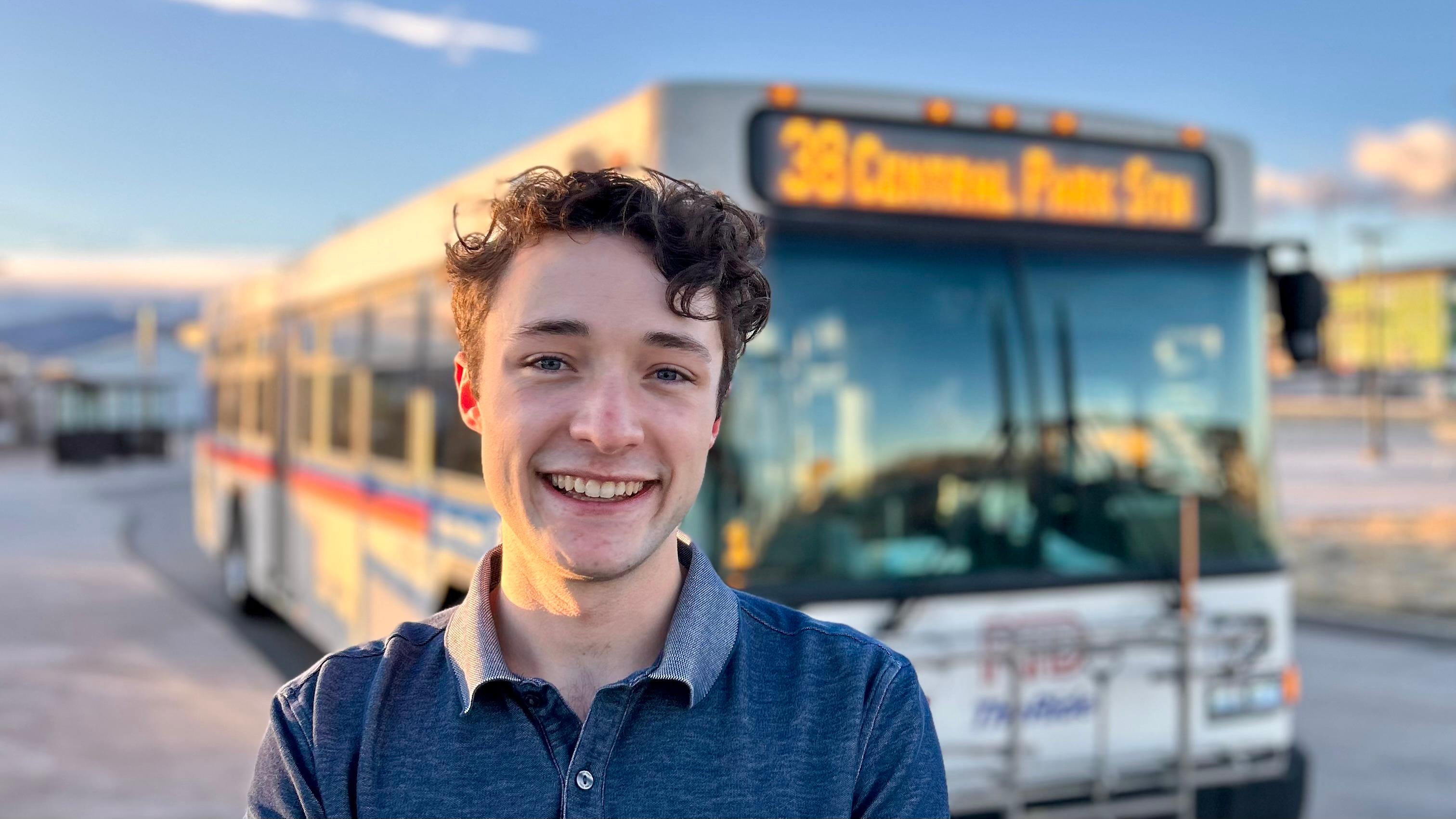
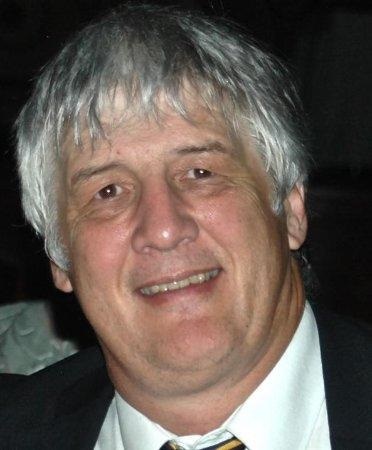
What's your elevator pitch for why voters should choose you?
Brett Paglieri
I ride RTD; I see what has been going wrong and what has been going right and I bring the right experience from my background in customer experiences to fix issues and make RTD a safer and a more enjoyable ride.
Richard Shuster
An avid public transit fan, my goal is to bring an understanding of RTD to the public from an Operators perspective (five-years as a bus operator) as well as guidance from the corporate side where I was given consideration the last two times the CEO position was open. I have the ability at the C-Suite level, at both municipal and investor-owned companies to build teams that exceed expectations.
What is the biggest problem facing RTD right now, and what would you do to fix it?
Brett Paglieri
Safety. Nobody should ever feel unsafe while riding RTD, so I support immediately hiring transit ambassadors to roam the system and check fares. A friendly presence at every station is the first step to improving the rider experience at RTD, but it can’t stop there. RTD needs to build a safe and first class system for our community.
Richard Shuster
Communication. RTD maintains unbelievable amounts of information that stakeholders need. Customer service has always been able to answer questions, but that data should be more readily available. e.g. Downtown track work recently had a press conference while the Southeast Rail slowdowns were communicated when riders watched snails pass them after they'd boarded. Improve that level of communication?
Planned and unplanned maintenance projects made the light rail system very unreliable this summer. What can be done to better balance infrastructure needs with riders' needs?
Brett Paglieri
RTD needs to support an appropriate maintenance department for its size filled with qualified experts so it can prioritize reliability and avoid disruptions to service because people depend on our system.
Richard Shuster
Better external communication. RTD has an extensive budgeting process and the planned maintenance issues are known. They should be publicized in advance via inhouse and media releases. Unplanned issues? Notices issued with details on the reason AND the solutions RTD is taking to mitigate disruptions. RTD isn't proactively taking advantage of the help the local media can offer in these two areas.
RTD has struggled to restore services cut during the pandemic. What would you do to address that?
Brett Paglieri
There are many factors that lead to service cuts, and I would prioritize finding what they are and empowering the agency to do whatever it takes to overcome them.
Richard Shuster
As RTD exited the pandemic, the decision was made to restore more routes as ridership increased. However, how can ridership increase be proven for a run that was dropped. RTD's database shows ridership pre-COVID and it should have looked at those routes that were well utilized. Riders will return when the service better matches their schedules, not changing theirs to meet what RTD offers.
RTD cut many commuter-focused express buses during the pandemic and prioritized bus lines used by essential workers and transit-dependent riders. Should RTD change that strategy and invest in more commuter services again? Why or why not?
Brett Paglieri
No.
Rider habits changed after the pandemic, ridership has become more rounded with people choosing transit for trips beyond the typical 9-5. I support bringing back routes with higher frequency all day long to provide flexibility to the way we commute and travel in our post-pandemic world.
Richard Shuster
No.
Certain funding mandates that transit-dependent riders be prioritized. In my opinion, RTD has done a very good job in maintaining that focus. However, as stated above, the need to return ridership to the pre-COVID levels is an issue. Reviewing current schedules against past boardings, adjusted for the trend of hybrid workers should be a priority project for RTD to increase commuter routes.
What should RTD do to make passengers feel safer?
Brett Paglieri
The best way to make the system safer is to increase ridership by building a transit system people want to ride. Passengers and operators alike feel unsafe from the lack of law enforcement and presence of illicit activities and dangerous behaviors. Hiring transit ambassadors and checking fares are the first steps toward making sure everyone who rides RTD follows the code of conduct.
Richard Shuster
During the past couple of years, RTD has made tremendous strides in increasing the safety on buses and rail lines and stations. The momentum started needs to be encouraged and continued. However, on some routes, the uneasy feelings of "unsafeness" is present and that can partially be addressed with additional security visibility. (…a statement made realizing staffing issues are a concern).
How many times have you used public transit in the last six months? What do you primarily use transit for? If you don't use it, why not?
Brett Paglieri
60+
Leisure and commuting to work.
Richard Shuster
11-30
95% of my RTD travel is into downtown for meetings. I've learned when/where to make a quick transfer that can place me right at the door of the office building I need. Yes, I sometimes arrive a bit early for meetings, but that's better than the $20+ for parking. The other five percent is heading down for a ballgame (RTD for Broncos games needs some work) or a meal out downtown with my wife.
Should RTD continue to save money toward the Boulder-Longmont train, and other unfinished FasTracks projects — even if that eventually cuts into RTD's ability to provide service now? Why?
Brett Paglieri
Yes.
I want the train to Boulder and beyond. RTD should continue saving, but it needs to look seriously at how much money it will take to finish FasTracks in a reasonable amount of time. If RTD made a miscalculation and cannot finish FasTracks given the current financial situation it must be honest and make a plan to get help from other places like Front Range Passenger Rail or propose a new solution.
Richard Shuster
Yes.
There's no 'opting out' on this issue. However, if one looks at the level of talent RTD has in-house, an internal committee should be formed and task it with coming up with options that would satisfy what was initially voted on in 2004. Best ideas could be brought forward from people with RTD minds and no expensive, time-consuming third-party study required or a reduction in service seen.
Would you support extending GM and CEO Debra Johnson's contract when it expires in 2025? Why or why not?
Brett Paglieri
Not sure.
RTD performance has not been satisfactory, but it is not necessarily reflective of GM and CEO Debra Johnson’s performance. I would like to see steep goals set at the beginning of 2025 and monthly updates from the GM and CEO indicating the progress towards achieving them. If goals aren’t meant then it is the duty of the board to find a leader who will meet them.
Richard Shuster
Not sure.
Many of the issues that would go into extending her contract are internal and not available for public dissemination. However, as I look at what she inherited (both the 'good' and the 'needs improvement') and the current trending of the company, my initial tendency would be to extend her contract. Assuming, of course, she's able to direct efforts toward improving external communications.

